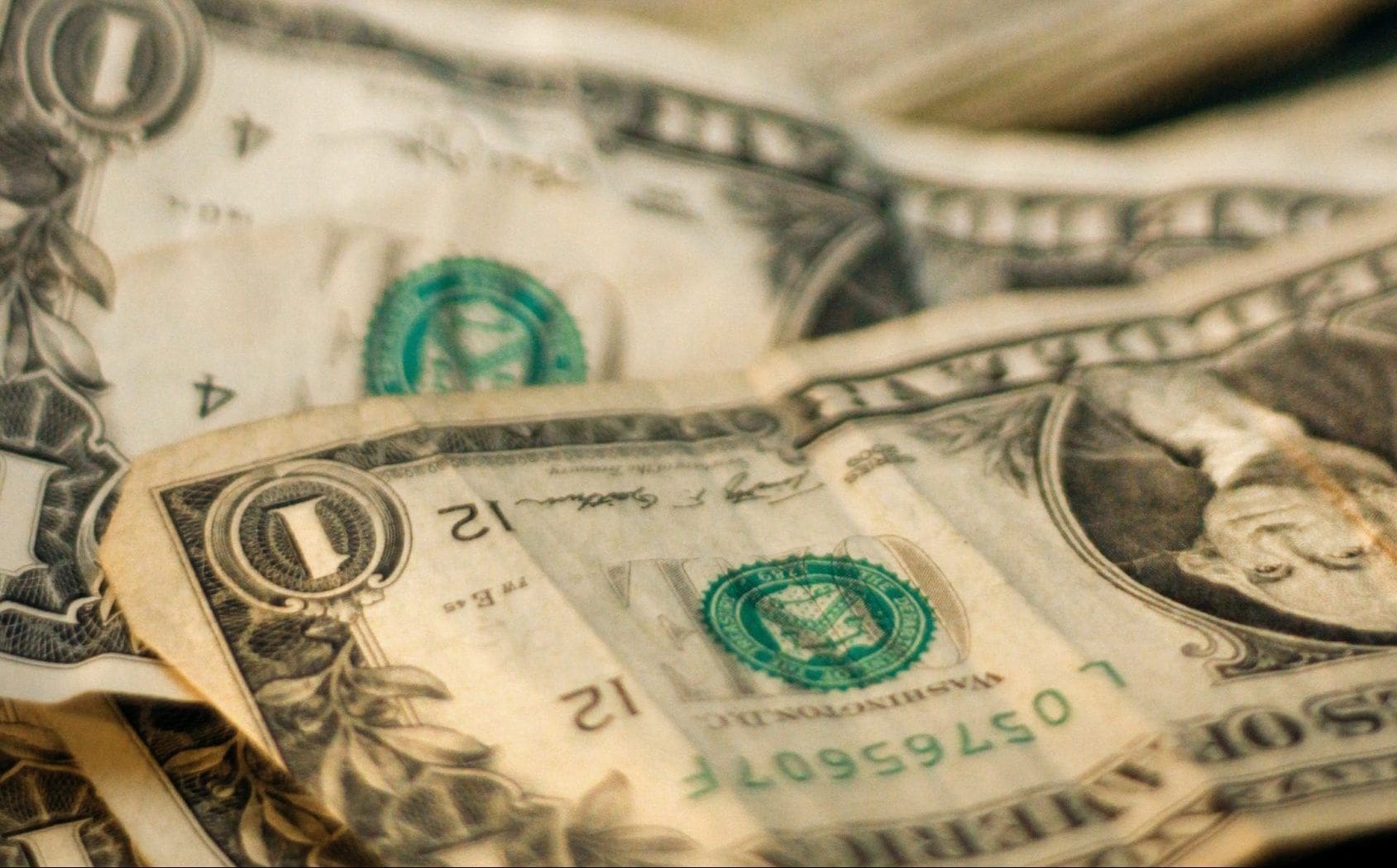‘An essential tool:’ 156 top economists call for recurring stimulus checks until the economy recovers from the coronavirus pandemic
- In a recent open letter, 156 top economists urged policymakers to implement ongoing direct-cash payments to boost the economy and keep struggling people afloat.
- “Direct cash payments are an essential tool that will boost economic security, drive consumer spending, hasten the recovery, and promote certainty at all levels of government and the economy – for as long as necessary,” the letter said.
- The letter was published by the Economic Security Project and the Justice Collaborative.
- A second wave of stimulus checks is under consideration in Congress and the White House. President Trump supports the move.
On Tuesday, 156 top economists published an open letter urging “immediate, bold action” to prevent the nation’s economic downturn from worsening. It called for ongoing stimulus checks tied to the state of the economic recovery, as well as boosted unemployment benefits and aid for cash-strapped state and local governments.
The economist letter exhorted policymakers to implement recurring direct payments tied to automatic stabilizers, which would put federal aid on autopilot and gradually increase or decrease depending on economic conditions.
It argued regular checks to individuals from the government would propel economic activity and buttress households grappling with financial calamity.
“Direct cash payments are an essential tool that will boost economic security, drive consumer spending, hasten the recovery, and promote certainty at all levels of government and the economy — for as long as necessary,” the letter said.
The open letter was published by the Economic Security Project, an advocacy group pushing for basic income, and the Justice Collaborative, a policy organization. Prominent signers include Jason Furman, a former top economic advisor to President Barack Obama; Darrick Hamilton of the Kirwan Institute, an expert on the racial wealth gap; and former Federal Reserve economist Claudia Sahm, now at the Washington Center for Equitable Growth.
The cohort argued that a lack of cash would sap consumer spending from the economy, which accounts for about two-thirds of GDP. Handing government cash to households would help keep spending levels up during the recession and help people buy essentials like groceries, the economists said.
“Even after businesses start to re-open and jobs begin to come back, there will be significant economic fallout, and demand will continue to lag if people don’t have money to spend,” the letter said. “Regular direct stimulus payments tied to economic indicators will help families stay afloat and drive economic activity.”
The letter did not outline a specific cash amount or what economic triggers could be used for monthly payments to kick in. Some economists proposed tethering the extra federal weekly unemployment benefits to the unemployment rate.
A second round of $1,200 stimulus checks is under debate among lawmakers in Congress and the White House. President Donald Trump supports the move, along with Treasury Secretary Steven Mnuchin.
However, another one-time payment appears more likely, as many GOP lawmakers have expressed alarm over the effect of government spending on the growing national debt.
Congressional Republicans are divided on whether additional direct payments are needed to shore up the economy. But Senate Majority Leader Mitch McConnell opened the door to targeting them at Americans earning under $40,000 a year on Monday.
Congress and Trump approved $1,200 direct payments to millions of households in March under the Cares Act. Nearly 160 million stimulus checks have been distributed already, according to the Government Accountability Office.
Democrats are pushing for another one-time, $1,200 stimulus check, and they’re seeking to widen eligibility to unauthorized immigrants left out of the initial federal payout.
Some, however, are calling for sustained payments each month throughout the coronavirus outbreak. Sens. Bernie Sanders, Kamala Harris, and Ed Markey unveiled a plan in early May to provide $2,000 monthly payments for people earning under $120,000 a year. It would continue through the pandemic until three months after its ended.
“Responding to the pandemic with a fierce sense of urgency means providing every working-class person in America with an emergency $2,000 payment each month until this crisis is over so that they can pay the rent, feed their families and make ends meet,” Sanders tweeted late last month.




















